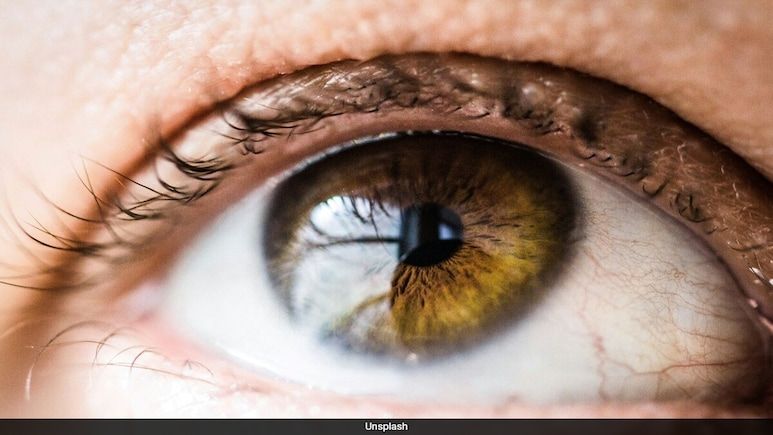Groundbreaking Stem Cell Transplant Cures Corneal Damage in Patients

A pioneering clinical trial conducted by Japanese researchers has made a historic leap forward in the field of regenerative medicine, successfully transplanted human stem cells into patients suffering from serious corneal damage, restoring their vision to near normalcy.
According to a recent publication in The Lancet, the groundbreaking study focused on limbal stem cell deficiency (LSCD), a debilitating disorder that severely impairs the quality of vision due to excessive scarring on the cornea. In a breakthrough attempt to mitigate this condition, scientists developed specialized sheets of corneal epithelial cells derived from human-induced pluripotent stem cells (iPSCs) which were then transplanted onto the damaged corneas.
The remarkable trial results showcased that the three patients involved in the study exhibited no serious side effects two years post-surgery, and each displayed significant improvement in vision as their corneas appeared increasingly transparent. This remarkable turnaround signifies substantial restoration of sight for those affected by LSCD.
While this pioneering effort is still in its infancy, spanning only four patient participants, researchers assert that it holds tremendous potential to democratize access to new treatments for eye conditions. The trial's outcomes mark a monumental shift forward in the exploration of regenerative medicine as an effective treatment for vision restoration.
The immense impact of such innovative approaches raises hopes among patients and medical professionals alike that future trials will unveil more profound applications. By pushing the boundaries of cutting-edge technology, researchers are paving the way for life-changing possibilities for all those suffering from similar eye conditions worldwide.
